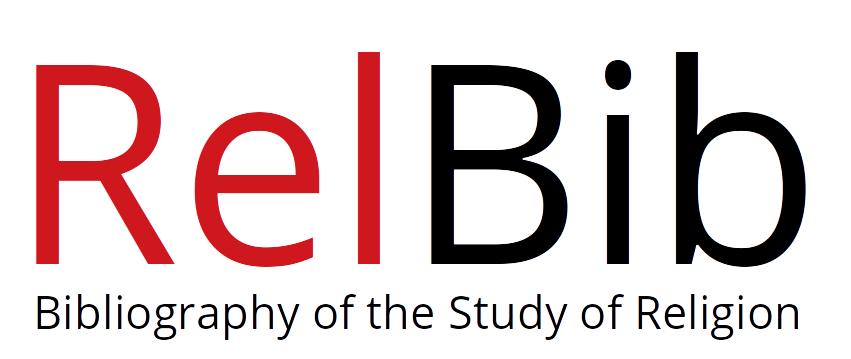|
ABSTRACT
Scholarly research on U.S. religious congregations and political activity has tended to focus on Christian traditions and denominations. Yet from a comparative perspective, synagogues as institutional locations for political activity are an intriguing topic for investigation because the existing literature on American Jewish political behavior yields three competing hypotheses about the scope of political activity in synagogues relative to congregations from other religious traditions. This article utilizes the National Congregations Study cumulative data file, comprised of four cross-sectional survey waves, to test these hypotheses by comparing political activity in synagogues with political activity in evangelical Protestant, mainline Protestant, black Protestant and Catholic churches as well as other non-Christian congregations. Factor analysis identifies three modes of political activity: electoral, nonelectoral and hosting speakers. ANOVA and post-hoc tests of homogenous subgroups, followed by generalized linear models that control for other factors predictive of political activity, show that the extent to which synagogues engage in politics relative to other religious congregations varies across different modes of political activity. Synagogues are neither consistently more likely to engage in political activity than other congregations, nor consistently less likely to do so. Instead, like other religious congregations, synagogues appear to emphasize some kinds of political activity and de-emphasize other types, thereby displaying varied patterns of political activity relative to other congregations. A discussion addresses the significance of the empirical findings for the comparative understanding of congregational political activity, before the paper concludes with implications of the findings for the sociology of American Jewry. |













